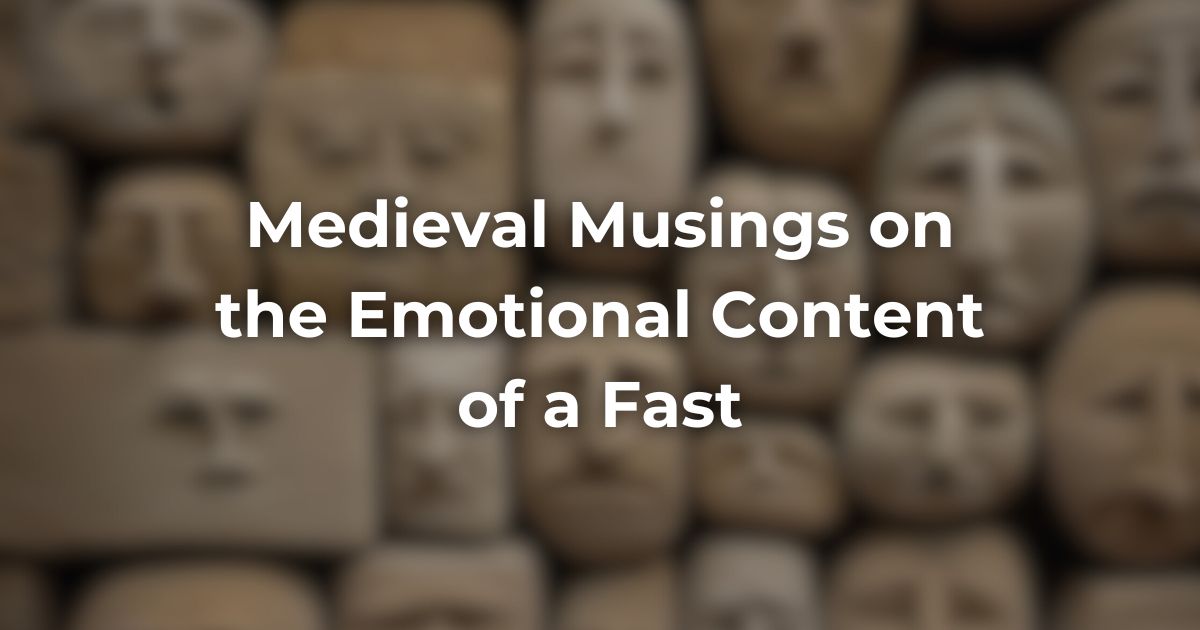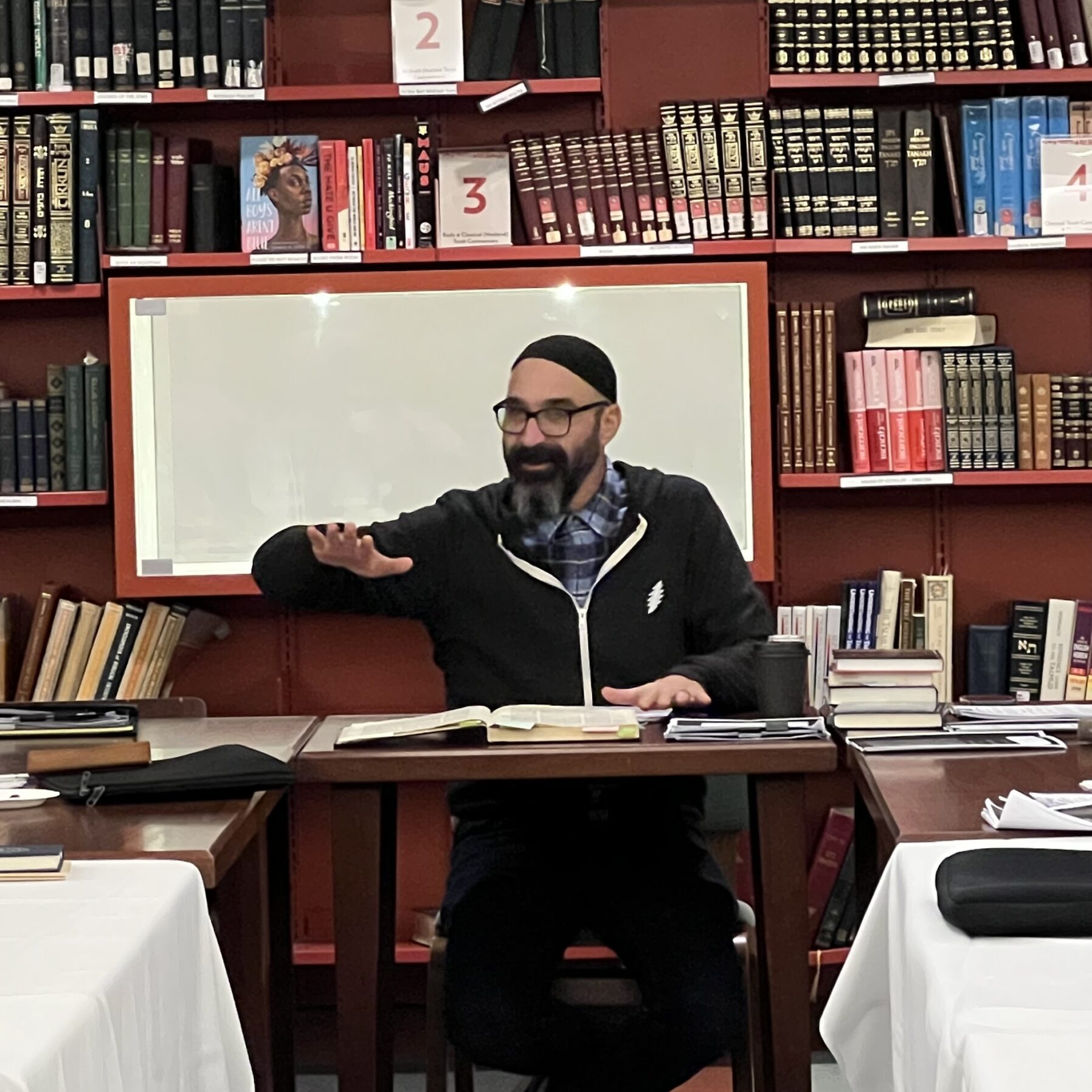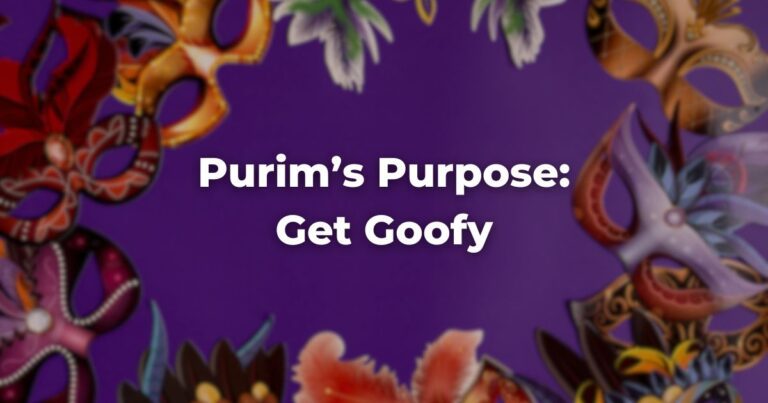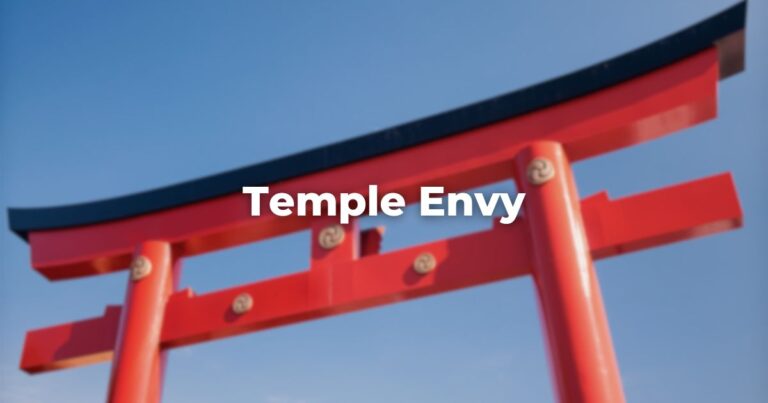It feels even more relevant, at least to me, to think deeply about the nature of Tisha B’av as we find ourselves in unbelievably tumultuous times. October 7th’s tragedy and its ongoing aftermath, increasing tensions and political upheaval, and even domestic uncertainty create a need for thinking about what a religious fast might mean in these moments.
One of the reasons I love studying the Terumat HaDeshen, Rav Yisrael Isserlein’s responsa material, is that he takes the same formative and authoritative texts that other poskim use, but contextualizes them to the preferred emotional posture of whatever moment a person finds themselves in, of the holiday or particular time of the year, or even of relationships situationally.
He does this quite beautifully for his teshuvah on whether work is permitted or prohibited on Tisha B’av, which is a fast day. To define terms here, by work we are referring to the word melakhah, the 39 prohibitions that are associated with Shabbat and yontif, holiday days.
Tisha B’av is not found in the TorahRefers to the first five books of the Hebrew Bible, the Tanakh, also called the Five Books of Moses, Pentateuch or the Hebrew equivalent, Humash. This is also called the Written Torah. The term may also refer to teachings that expound on Jewish tradition. Read more, which means it’s not judged by typical de’oraita standards. The day does, though, still have an authoritative status of being an institution of the rabbis as a full 25-hour fast, so it’s a serious holiday, even as it doesn’t rise up to the biblical level that some of our other holidays achieve.
For Tisha B’av, the fast is the defining quality of the day. The same things we are obligated to refrain from on Yom Kippur, we avoid on this day as well: primarily eating and drinking, but also full bathing, anointing, and sexual relationships.
On Yom Kippur and on yontif, and to a certain extent on the intermediate days of holidays, melakhah, the 39 prohibited activities, are forbidden along with the fasting, and so the question for Rav Isserlein is: does that same stipulation apply on a fully de-rabbananA rabbinic-based halakhic obligation. Related to De’oraita. Read more holiday that has the common features of a serious fast day? Or is the fast itself the only halakhic necessity?
And that’s where his beautiful and powerful contextualization of the moment impacts how he understands the halakhah.
One could make a claim that what is prohibited on Tisha B’Av are our experiences of delight—because we are asked to induce some suffering into our lives so that we can empathize with our shared past, the Jewish people’s shared past.
And any activity, in theory, that would get in the way of that induced suffering should be prohibited because then we wouldn’t be able to feel what our ancestors have felt in some meaningful way.
The Terumat HaDeshen argues that one could make the claim that melakhah—the very “work” activities prohibited on other major holidays—are not in line with the spirit of the day. In fact, the purpose of doing melakhah, of living our lives, of providing for ourselves or our families or the world, brings a level of enjoyment that’s inappropriate for the day’s spirit, and therefore they should be prohibited.
On the other hand, he also makes the counter-claim—that not doing work for some people is delightful. Like a day off!
This is the beauty of his contextualization and how he understands the individual’s emotional posture, or historical emotional posture, as critical for determining how one can behave on Tisha B’av. Some may delight in work, it’s hardly suffering. But others might find the opposite—not working for a day is itself a gift.
This means, counterintuitively, that you and I could both take Tisha B’av very seriously, come to different conclusions as to how we spend our day.
Isserlein’s answer seems to be that if one enjoys the activity that one is involved in, it is probably not aligned with what Tisha B’av, this fast day, this mourning day, is designed to be.
But if one is doing something that does not bring them joy but is melakhah, which the sages would have prohibited, it could still be permitted because one stays emotionally within the required framework of the day—sadness.
Finally, the Trumat HaDeshen does reiterate that we ought to be wary of working in some ways because throughout history people have generally not done food-related work on Tisha B’av, or at least poskim have ruled that it probably shouldn’t be done.
So how does this translate to thinking about Tisha B’av this year?
I think we are asked to consider whether or not the activities we participate in on this day, required or optional, contribute or diminish the day’s overall character. Many of us don’t have the option to not “work,” but what might we do in the midst of that work to ensure we save space for our collective history?
And for those of who might not have to work–the same question applies. In other words, it isn’t the specific activity we ought judge, but the feeling it brings when we are actively engaged.
You can read the full teshuvah here.
Author
-

Rabbi Aaron Alexander is Co-Senior Rabbi at Adas Israel Congregation in D.C. He previously served for ten years as Associate Dean and Lecturer in Rabbinic and Jewish Law at the Ziegler School of Rabbinic Studies in Los Angeles, where he also received his ordination. He has long sat on the Committee on Jewish Law and Standards (CJLS) for the Conservative movement, and is currently Chair of the Kashrut Subcommittee. Aaron serves on the Strategy Team for the Washington Interfaith Network, DC’s premier multi-faith community organizing network. He has been a JJGI Hadar Fellow, and a Rabbi Samuel T. Lachs Fellow of LEAP, a joint program of UPenn and Clal. Rabbi Alexander and his wife, Rabbi Penina Alexander, have three young sons, Ariel, Eliav and Amos.
View all posts






